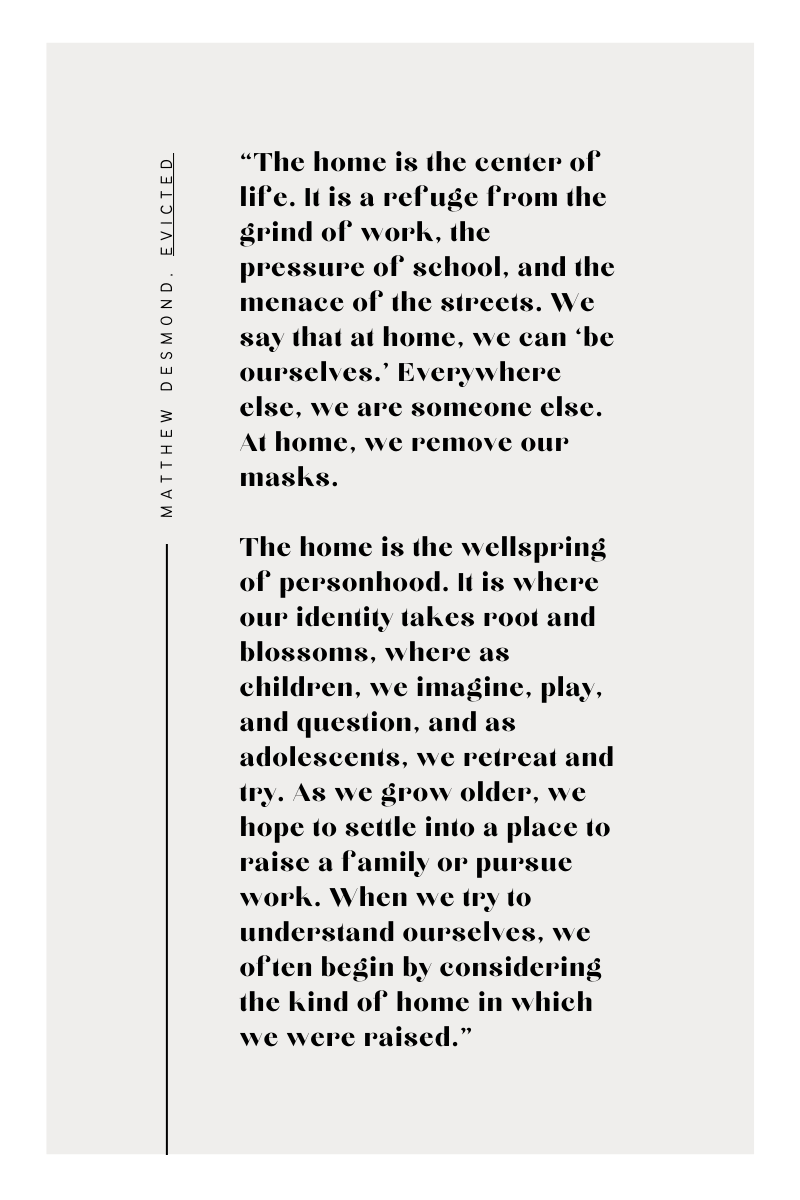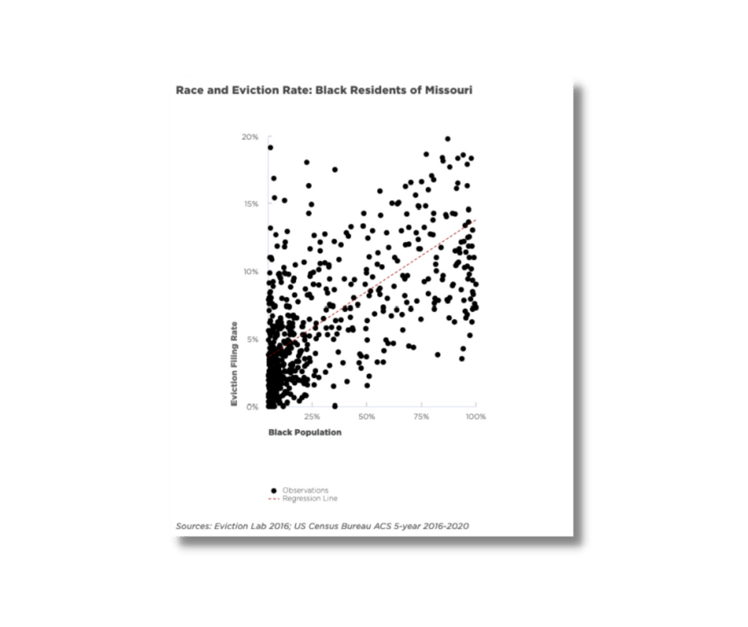
Take a drive through pockets of any city, and you will see them. You may avert your eyes because you know what they mean. You may mistakenly attribute it to a massive spring cleaning effort.
You will see piles of household belongings. A couch here. A dollhouse there. Without regard for the elements, treasured possessions are left on the curb. These piles testify to the fragility of survival; behind every stack of things is a person trying to keep a roof over their head. Those piles are signs of an eviction — a family uprooted, a life thrown into chaos.
Right now, between 30 and 40 million renters are at-risk for eviction. Before the pandemic, seven evictions were filed in the U.S. every minute. Evictions are not randomly distributed. Women, people of color, and households with children are much more likely to lose their homes. More importantly, even the reliable data sources that exist to measure eviction under-count evictions that are not brought to the courts: where landlords remove entry doors to dwellings or defer maintenance to intentionally create uninhabitable living quarters. These evictions, known as informal evictions, speak to the vulnerability of the individuals that experience them, and the importance of proactive healthy home policies that protect tenants, and demand accountability from unscrupulous landlords.

Evictions are a symptom of deeper, systemic issues. They are a cause and consequence of intentional disinvestment in communities and individuals. The authors of this Health Affairs article sounded the alarm about the eviction wave we’re facing: “The pandemic added further urgency to addressing the health consequences of eviction. Eviction moratoria, emergency rental assistance programs, and supplements in unemployment insurance have kept eviction rates below historical averages during the pandemic. However, demand for rental assistance has outstripped funds, rents have continued to accrue, and evictions are expected to rise precipitously as moratoria expire.”
My work at mySidewalk exposes me to fields outside of my own. It’s been eye-opening to realize the interconnectedness of our teams and the industries we serve. This research one of my colleagues shared really blew my mind. The authors found that eviction was associated with a loss of Medicaid coverage — 63% higher odds — as well as fewer fills of needed medications. Even more shocking, they found that evicted people who had to spend money on healthcare spend more (20%!) than those who were not evicted. Eviction not only disrupts a sense of safety, security, ties to social networks, and access to education, it upends access to healthcare for those at the highest risk of disease and death.
As dire as the situation feels, I do have hope. With new federal funding being linked to local zoning reforms meant to increase the supply of housing to develop housing affordability downstream, I'm optimistic that this country will begin to take a larger role in ensuring housing for all. Ultimately, these recent calls for reform are meant to ease the burden on the middle class and the working poor. If more proactive measures to protect the most vulnerable aren’t strengthened (including a re-imagining of public/social housing), I worry that those most at risk for evictions will continue to fight for limited resources. Those who are not fortunate enough to receive subsidized housing will continue to be at the mercy of predatory landlords and market conditions.
When I start to get disheartened, I look to the work of our customers, like the Nebraska Investment Finance Authority who have elevated this data into an amazing Press experience you can check out here, while others like the Indiana Housing and Community Development Authority are using our data to distribute funds more equitably.
Keeping people in their homes will require a collective commitment to the upstream causes of eviction. It will require multi-sector collaboration and better tools for assessing risk. It will require acknowledging that evictions are a national health crisis and asserting housing as a human right as we look for a new frontier that decouples vulnerable persons’ shelter from their primary wealth-building medium. If you want to keep the conversation going, reach out to us to get a tour of all of our housing data. Or, take a listen to our recent webinar on how property-level data can inform better decision-making and subscribe to our community development newsletter to see what communities across the country are doing.

No Comments Yet
Let us know what you think